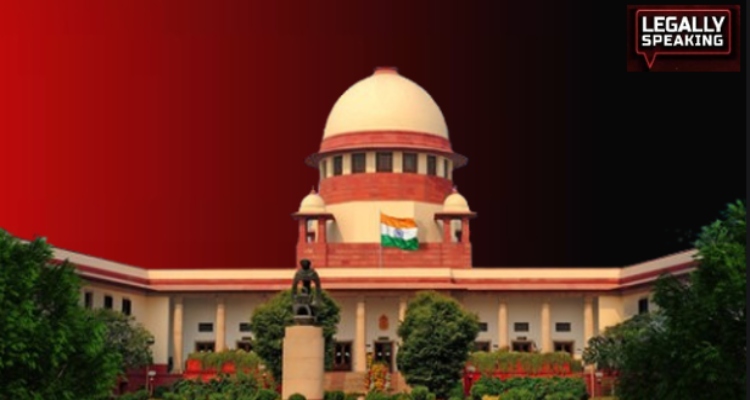
The Supreme Court has taken cognizance of termination of services for six women civil judges by the Madhya Pradesh government due to their unsatisfactory performance.
A bench of Justices BV Nagarathna and Sanjay Karol acknowledged the application submitted by three of the former judges to the Supreme Court and opted to treat it as a writ petition. The bench appointed advocate Gaurav Agarwal as amicus curiae to provide assistance in the matter.
As per the office report available on the apex court website, the application by three former Civil Judges, class-II (Junior Division) from Madhya Pradesh State Judicial Service, has been directed to the apex court. They asserted that their termination occurred despite the inability to conduct a quantitative assessment of their work due to the Covid outbreak.
“It is further submitted that the officers, along with three other female officers, were appointed in Judicial Services in the state of Madhya Pradesh. They are alleged to be terminated from service primarily on account of disposal not being up to the standards set,” stated the office report.
The termination orders were issued in June 2023 by the state law department following an administrative committee and a full court meeting that deemed their performance during the probation period unsatisfactory.
According to an impleadment application filed by one of the former judges through advocate Charu Mathur, despite maintaining an unblemished service record of four years and not receiving any adverse remarks, she was terminated without following due process of law. The applicant alleged that her termination violated her fundamental rights under Articles 14 (right to equality before the law) and 21 (right to life and personal liberty) of the Constitution.
In her application, she contended that considering the period of her maternity and child care leave in the quantitative work assessment would result in grave injustice to her. The application emphasized the settled law that maternity and child care leave are fundamental rights of a woman and the infant. Therefore, evaluating the applicant’s performance for the probation period based on the leave taken for maternity and child care is grossly violative of her fundamental rights, the application stated.




